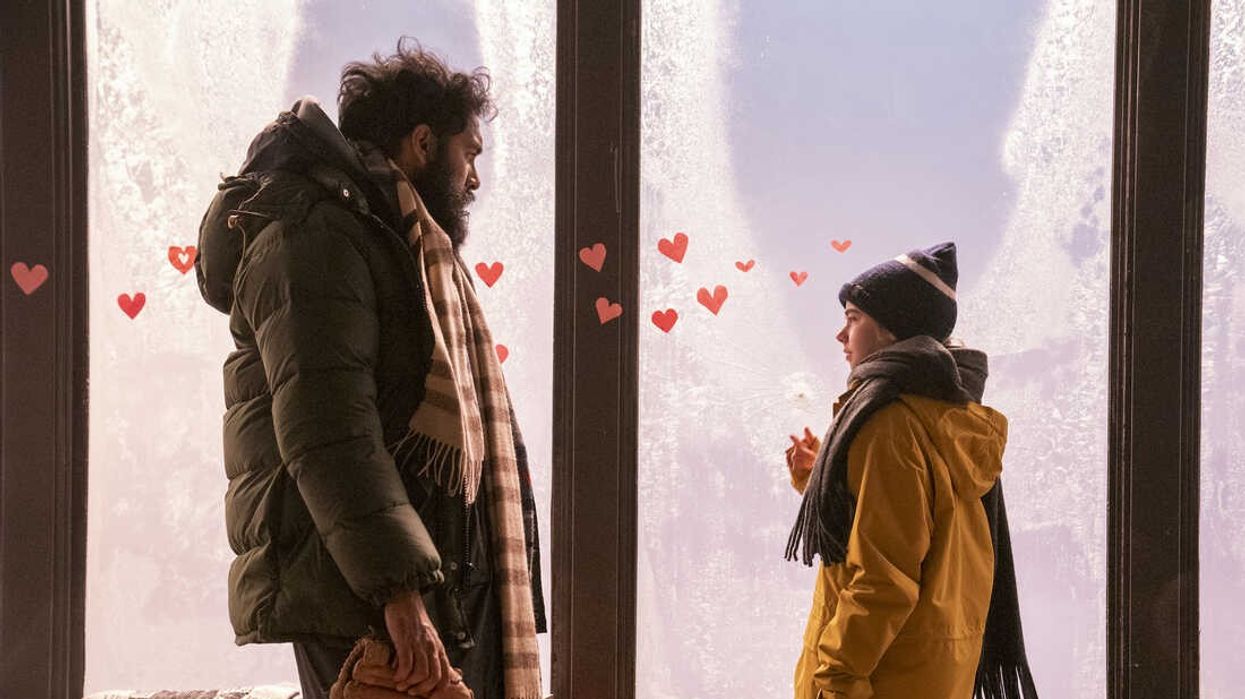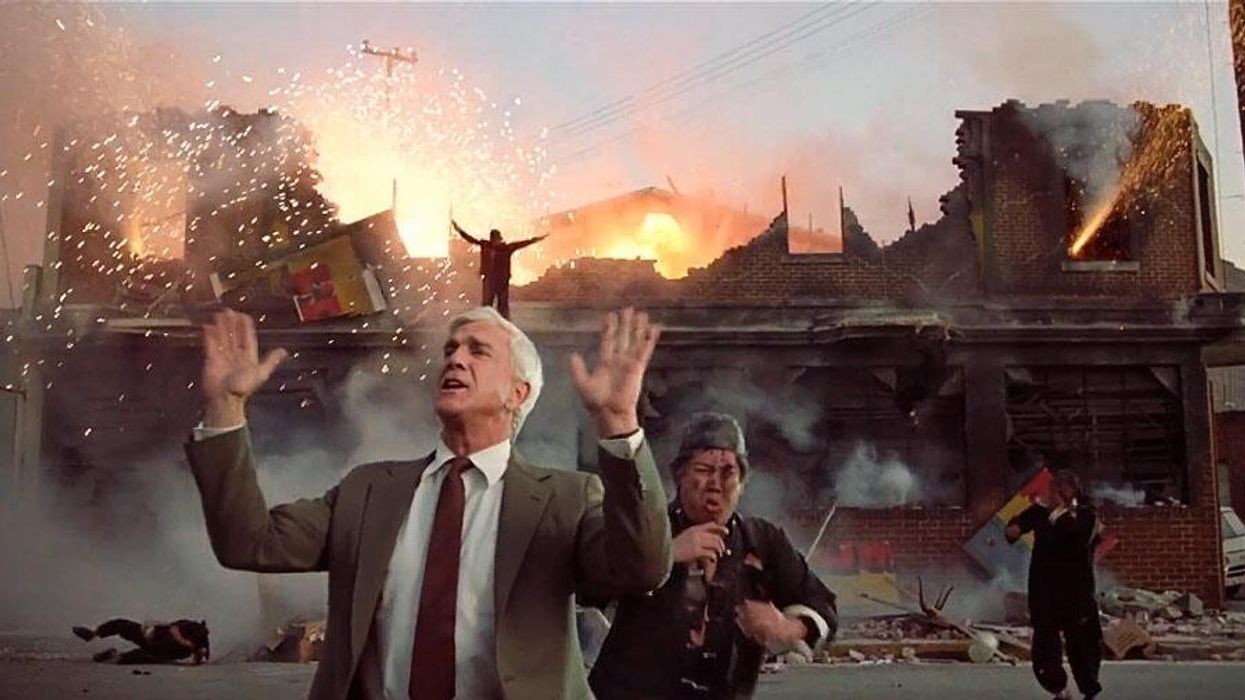'Station Eleven' Avoids This Dystopian Storytelling Trope (And Is Better For It!)
We've seen so many "world crumbling" movies and TV shows, it's amazing this trope didn't slip into this one.

I don't know about you, but I love a good dystopian story. One where the world has to figure out how to rebuild and realign its values after a disaster. In Station Eleven, we're watching the world rebuild after a pandemic. Yes, it's as terrifying as it sounds. But it's also one of the best shows on television.
When watching Station Eleven, I'm struck by how human the show is. We're constantly leaning into basic human needs and wants; love, family, shelter, and security.
We see images of the world 20 years after a pandemic killed most of us. It's lush, green, and thriving. And the people left behind are performing Shakespeare and traveling around to visit peaceful encampments. Sure, there's violence. There's a fear of strangers and a safe circle where you can navigate mostly peacefully. There's a mysterious cult, as well, and some people who just show up and are a little scary...
But the one trope we haven't seen in the series is the Angry Gun Guy. In almost every dystopian story, there's usually someone who has stockpiled guns and is running things.
In The Walking Dead, guns mean life. In The Road, the people with the weapons are king. I'm sure you know plenty of other examples, but what has struck me about Station Eleven is that guns don't rule that future. Trauma and recovery do.
This show is focused on the trauma of the pandemic years ago, the people lost, how that trauma takes over some people, and how others try to cope with it. While the first season is about to come to a close, I think one of the reasons I loved it so much was that it seemed to buck this trend of warring factions with weapons and focus on people just trying to get by.
Sure, there are people with landmines protecting themselves and suicide bombers and arsonists, but it doesn't feel like it's a world enraptured by violence. It feels like a world recovering from the worst event it's ever seen.
This buck of trends makes the show feel fresh. It gives us characters and situations we haven't seen in this futuristic setting. We're watching minstrels and theater kids thrive.
When you embark on writing a genre that's seen many different iterations, it's important to find tropes you can subvert to give the audience something surprising. It also keeps executives on their toes and challenges viewers to see something different than the worlds they've been fed beforehand. That can make people eager to tune in or to support your project.
Have you watched the show? What do you think?
Let us know in the comments.











